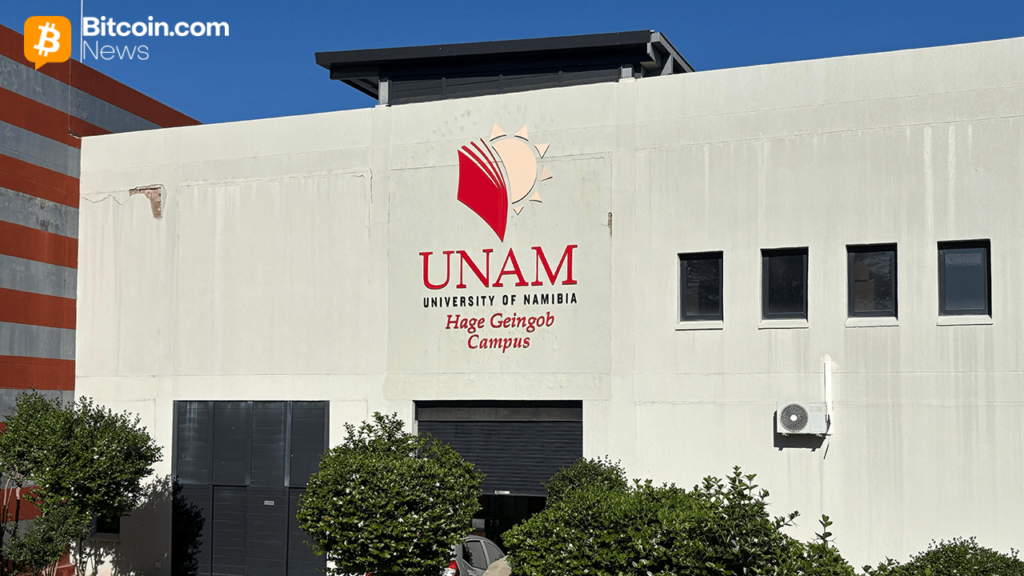Transforming Namibia: The Launch of a Master’s Program in Blockchain Technology
The University of Namibia (UNAM) has taken a significant step towards establishing Namibia as a leading hub for blockchain research and development in Africa. The institution, in collaboration with the Africa Blockchain Institute (ABI), has launched a Master of Science program in blockchain technology. This initiative aims not only to enhance academic offerings but also to equip students with the critical skills required to navigate and excel in the rapidly evolving technology landscape.
Addressing National Interests and Global Trends
The rise of blockchain technology has garnered global attention, and Namibia’s commitment to embracing this innovation is a testament to its relevance in today’s digital economy. By introducing a specialized Master’s program, UNAM is responding to the national interest in establishing a skilled workforce that can support various sectors, including finance, logistics, and data security. The program is designed to meet the growing demand for expertise in blockchain, ensuring that Namibia does not lag behind in this vital technological revolution.
Curriculum Overview and Objectives
The Master’s program at UNAM encompasses a comprehensive curriculum that combines theoretical knowledge with practical applications. Courses will cover key areas such as decentralized finance, smart contracts, and blockchain architecture. This robust educational framework is intended to produce graduates who are not only knowledgeable but also capable of implementing innovative blockchain solutions. The program’s objectives align with Namibia’s broader goals for technological advancement and economic diversification, positioning it as a leader in the region for educational excellence in cutting-edge fields.
Collaboration with the Africa Blockchain Institute
The partnership between UNAM and the Africa Blockchain Institute is pivotal to the program’s success. ABI’s expertise in blockchain development and research will enhance the educational experience for students by providing access to industry insights, expert instructors, and potential networking opportunities. This collaborative effort ensures that the curriculum is not only relevant but also adheres to international standards, thereby increasing the employability of graduates in both local and global job markets.
Impact on Namibia’s Economy and Workforce
The introduction of this Master’s program is expected to have a transformative effect on Namibia’s economy. As blockchain technology gains traction, the need for skilled professionals will increase, creating new job opportunities and fostering entrepreneurship within the tech sector. Graduates of the program will be well-equipped to contribute to various industries, driving innovation and efficiency. Additionally, the initiative aligns with Namibia’s strategic goals to enhance its digital economy and attract foreign investment.
Future Prospects and Long-Term Vision
Looking ahead, the University of Namibia’s Master’s program in blockchain technology is a crucial step toward establishing a robust technological framework that encourages research and development. The program not only aims to create a pool of skilled graduates but also seeks to foster an environment where innovation can thrive. By positioning itself as a leader in blockchain education, Namibia has the potential to attract global attention and investment, further cementing its status as an African tech hub for years to come.
In conclusion, the launch of the Master’s program in blockchain technology at the University of Namibia marks a significant milestone in the nation’s educational and technological landscape. This initiative stands as a response to a global trend while addressing local needs, ultimately fostering economic growth and technological advancement.


